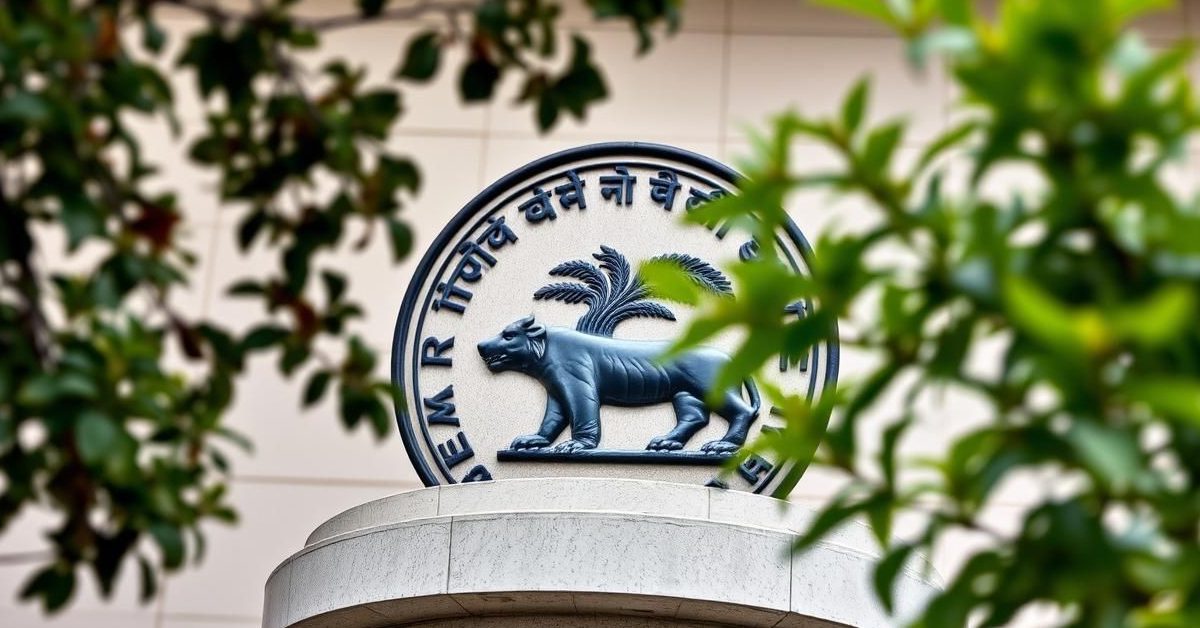India and China are exploring renewed economic interactions and access, a move welcomed by Finance Minister Nirmala Sitharaman, though she emphasized the need for caution.
A Cautious Step Towards Economic Interaction
Finance Minister Nirmala Sitharaman recently discussed the evolving relationship between India and China, noting a push towards greater economic access and interactions. Speaking at a book launch, she highlighted that both nations are showing interest in these renewed engagements, including the recent relaxation of visa norms.
Sitharaman acknowledged the past lull in economic activity, partly due to the US-China tariff war and India’s own restrictions, like Press Note 3. This regulation, introduced in April 2020, mandated government approval for investments from countries sharing a land border with India, significantly impacting projects, including those in renewable energy. However, there’s now a shared sentiment for opening “some windows” for interaction.
Navigating Border Sensitivities
Despite the economic overtures, a sense of caution remains paramount. Sitharaman referred to External Affairs Minister S Jaishankar’s recent trip to China, where he stressed that “differences should not become disputes.” Jaishankar’s discussions focused on achieving de-escalation on the border and normalizing bilateral relations, especially after the Galwan clash which heightened national security concerns.
The earlier restrictions under Press Note 3 were largely a response to potential opportunistic takeovers during the Covid-19 pandemic and continued due to these border tensions. The government will now “wait and see” how far these new interactions can progress while ensuring national interests are protected.
India’s Broader Economic Vision
Beyond the bilateral dynamics, Finance Minister Sitharaman outlined India’s overarching economic priorities. She stated that maintaining robust growth is the absolute top priority. This growth, she explained, must translate into job creation and increased value addition across sectors.
A second key objective for India is to enhance its global relevance. This involves not just participating in global institutions but actively shaping their future direction for the next century. India aims to define its role within the global South and contribute to global governance.
Empowering Domestic Growth and Attracting FDI
Domestically, the government is focused on providing the necessary economic support to all aspiring sections of society. This goes beyond financial aid, aiming to create a comprehensive ecosystem that empowers citizens to grow and achieve their ambitions. Finding resources to meet these domestic aspirations, while adhering to fiscal constraints, is another critical challenge.
Finally, Sitharaman underscored the importance of an attractive and friendly Foreign Direct Investment (FDI) policy. The goal is to draw in increasing levels of investment to fuel India’s economic expansion.
The Rise of Bilateral Trade Pacts
On the trade front, Sitharaman observed a significant shift towards bilateral agreements over traditional multilateral trade pacts. While not commenting on whether this trend is inherently good or bad, she highlighted India’s proactive engagement in signing such agreements.
Recent years have seen India finalize bilateral trade deals with countries like Australia, the UAE, EFTA, and the UK. Negotiations are also progressing well with major economies such as the United States and the European Union, signaling a clear strategic direction in trade policy.
- India and China are exploring increased economic interactions, but with built-in caution.
- Growth, job creation, and value addition are India’s top economic priorities.
- India aims to define its role in global institutions and attract more FDI.
- Bilateral trade agreements are taking precedence in India’s trade strategy.
These initiatives underscore India’s multi-faceted approach to economic development and international relations, balancing opportunities with strategic prudence.














